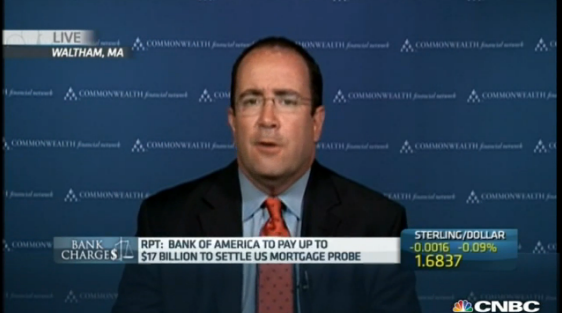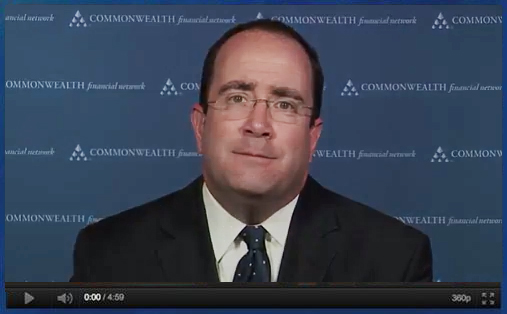One of the keys to business success is sustainable advantage, often referred to as a competitive “moat.” In short, if you have something your competitors can’t duplicate, you can charge for it and make money.
The idea typically centers on things that protect products. Think of patents, or the kind of ecosystem of software, hardware, and content that Apple, Amazon, and Google are building, at a cost of billions of dollars.














